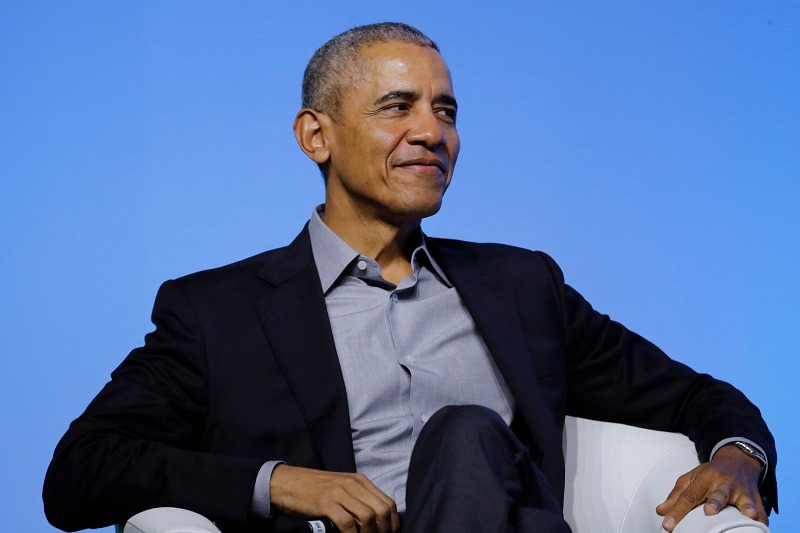In a dramatic turn of events, Israel has hit back hard after a missile attack on Tel Aviv by Yemen’s Houthi rebels.
The Israeli military launched airstrikes targeting Houthi military bases and power plants in Yemen, leaving at least nine people dead and causing widespread power outages.
What Happened?
The chaos started earlier this week when the Houthi movement fired a missile into Tel Aviv, a bold and shocking move. The rebels claimed it was a response to what they see as Israel’s involvement in broader regional conflicts. The missile didn’t just trigger alarms—it triggered a swift and forceful response from Israel.
Within hours, the Israeli Defense Forces (IDF) unleashed airstrikes on key Houthi infrastructure, including power plants in Sanaa and Hodeida. These plants, according to Israeli officials, were being used to support the Houthi’s operations. The strikes have left parts of Yemen in darkness, literally and figuratively.
The Human Cost
Tragically, the strikes have resulted in at least nine confirmed deaths so far. Among those killed are reportedly both Houthi fighters and civilians, though details remain sketchy. For the people of Yemen, already dealing with years of conflict and humanitarian crises, this is yet another devastating blow.
What Are Both Sides Saying?
Israel is standing firm on its actions. In a statement, the IDF said, “We won’t stand by while our cities are attacked. These strikes were necessary to neutralize the threat.”
The Houthi rebels, on the other hand, have called the airstrikes an act of aggression. One Houthi official said, “This will only escalate the conflict further.” No surprise there—the tension between the two sides has been brewing for years, and this is just the latest flashpoint.
What’s Next?
BREAKING:
Israel is bombing Yemen’s capital of Sanaa.
Israel is now literally waging attacks on 4 different countries at once: Yemen, Syria, Lebanon, and Palestine.
Yet Western media will still somehow frame Israel as the victim.
pic.twitter.com/zoU1Llv8Av— sarah (@sahouraxo) December 19, 2024
The airstrikes have sent shockwaves across the Middle East, with analysts warning of the potential for a much wider conflict. The United Nations has already stepped in, urging both sides to dial it down before things spiral out of control. But let’s be real—this is easier said than done in a region as volatile as this one.
For now, the world is watching closely. Will Israel continue its offensive? Will the Houthis retaliate? The stakes are high, and the outcome could reshape regional dynamics.







